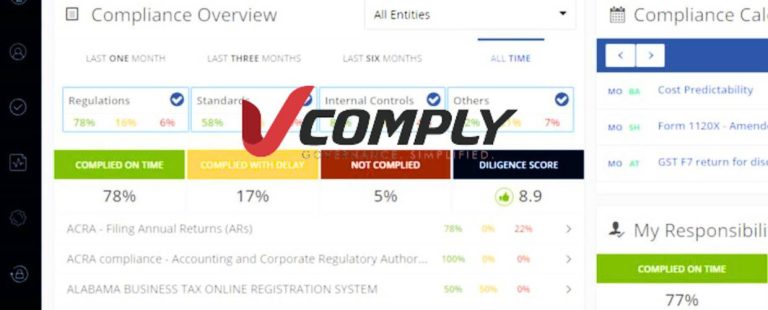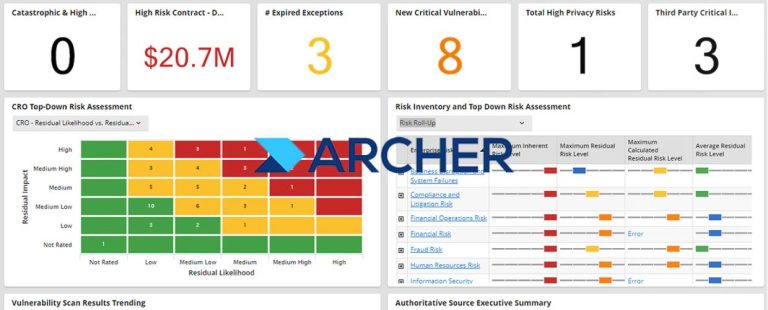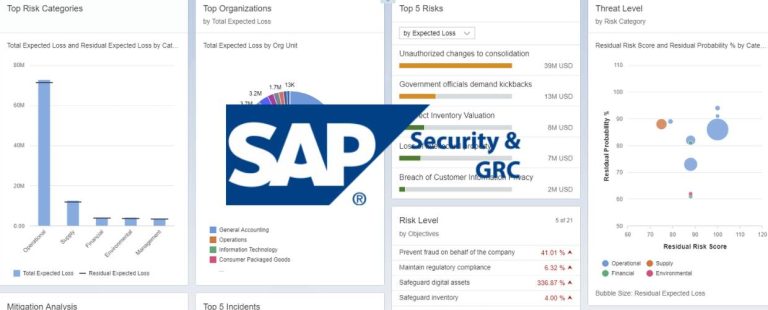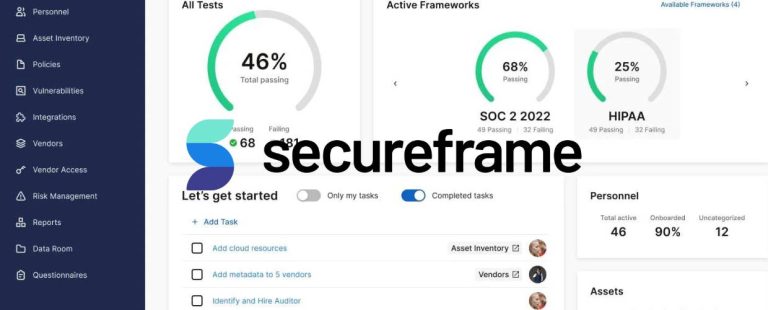In the digital age, businesses are generating an unprecedented amount of data from various sources. Extracting meaningful insights from this data has become a critical aspect of modern business strategy. This article will explore what BI solutions are, their key features, and how they empower businesses to leverage data for better decision-making and overall success.
Understanding BI Solutions
BI solutions refer to technologies, applications, and practices that transform raw data into actionable insights. These solutions facilitate data analysis, reporting, and visualization, providing businesses with a comprehensive view of their performance, customer behavior, market trends, and more. They enable stakeholders at all levels to access timely, accurate, and relevant information, empowering them to make informed decisions that drive growth and efficiency. BI solutions have emerged as powerful tools to help organizations harness the potential of their data, enabling data-driven decision-making and providing a competitive edge
The Evolution of BI Solutions
BI solutions have evolved significantly over the years. Initially, they were primarily IT-driven, with specialized data analysts and IT professionals responsible for data extraction, transformation, and loading (ETL) processes. Generating reports and conducting complex analyses often required technical expertise, resulting in delays and a disconnect between data and decision-makers.
However, with technological advancements, BI solutions have transitioned towards self-service capabilities, making data analysis and reporting accessible to business users. Modern BI platforms provide user-friendly interfaces, drag-and-drop functionalities, and intuitive dashboards that allow users to interact with data and generate real-time insights independently.
Key Features of BI Solutions
Regarding business intelligence solutions, several key features are essential for success. These features include data visualization, predictive analytics, and real-time reporting.
Data Integration
One of the essential features of BI solutions is data integration. BI tools can consolidate data from various sources, including databases, spreadsheets, cloud applications, and external platforms. Data integration ensures that all relevant information is brought together in one place, eliminating data silos and providing a holistic view of the organization. Data integration enables businesses to have a single version of the truth, where data from different departments and sources is harmonized and can be trusted for decision-making. By centralizing data, organizations can avoid inconsistencies and make well-informed decisions based on accurate information.
Data Analysis and Reporting
BI solutions offer advanced data analysis tools that allow users to explore and analyze data in-depth. Users can generate custom reports, analyze trends, and visualize data through charts, graphs, and dashboards. These reports provide insights into key performance indicators (KPIs) and critical business metrics. Data analysis capabilities enable organizations to gain deeper insights into their operations, customer behavior, and market dynamics. Business users can identify patterns, trends, and anomalies, leading to data-driven strategies and improved business outcomes.
Data Visualization
Data visualization is a powerful component of BI solutions. These solutions leverage data visualization techniques to present complex data in an easily understandable and visually appealing format. Interactive charts and graphs make it easier for stakeholders to interpret data, identify patterns, and discover trends at a glance. Effective data visualization enhances data storytelling and enables users to communicate insights more effectively to organizational stakeholders. It promotes data-driven discussions and fosters a culture of data literacy within the company.
Self-Service BI
Many modern BI solutions include self-service capabilities, enabling business users to create reports and perform data analysis without relying on IT or data analysts. It empowers business users to quickly access real-time insights and respond to changing business conditions. Self-service BI reduces the dependency on IT teams and accelerates the decision-making process. Business users can explore data, run ad-hoc analyses, and share insights with colleagues, fostering a data-driven organizational culture.
Predictive and Prescriptive Analytics
BI solutions may incorporate predictive and prescriptive analytics to forecast future trends and recommend optimal courses of action. By analyzing historical data and using algorithms, it help businesses anticipate outcomes and make proactive decisions. Predictive analytics enables businesses to identify emerging trends, anticipate customer needs, and optimize resource allocation. Prescriptive analytics further suggests actions that can lead to the desired outcomes, providing valuable guidance for strategic planning and execution.
How BI Solutions Empower Businesses
BI solutions empower businesses by providing crucial insights into their operations, allowing them to make informed decisions and stay ahead of the competition.
Informed Decision Making
BI solutions enable businesses to make data-driven decisions based on accurate and timely information. Executives and managers can access relevant data in real-time, identify areas of concern, and capitalize on growth opportunities. With the ability to access insights from various data sources, decision-makers can confidently make informed choices that align with the organization’s goals.
Improved Operational Efficiency
By streamlining data analysis and reporting, BI solutions reduce the time and effort required to generate insights. Automated reporting and data visualization help organizations optimize their operations and allocate resources more efficiently. With real-time visibility into performance metrics, businesses can quickly identify inefficiencies, streamline processes, and improve productivity.
Enhanced Customer Understanding
BI solutions provide valuable insights into customer behavior, preferences, and feedback. By understanding customer needs better, businesses can tailor their products and services, improving customer satisfaction and retention. BI tools help identify customer segments with the highest potential, enabling targeted marketing and personalized experiences.
Competitive Advantage
Businesses that leverage BI solutions gain a competitive advantage by staying ahead of market trends and competitor activities. With accurate market insights, organizations can respond quickly to changing dynamics and make strategic decisions to outperform competitors. BI solutions help businesses stay agile and adapt to market shifts with data-backed strategies.
Identifying Growth Opportunities
BI solutions can uncover growth opportunities by identifying untapped market segments, analyzing sales patterns, and predicting future demand. This information allows businesses to expand into new markets and innovate their product offerings. By spotting emerging trends and consumer demands, organizations can proactively position themselves for growth.
Risk Management
BI solutions can help businesses assess risks and identify potential issues early on. Organizations can implement proactive risk management strategies and mitigate potential threats by analyzing historical data and industry trends. Early identification of risks allows businesses to respond swiftly and minimize the impact on operations and reputation.
Conclusion
BI solutions have become indispensable tools for businesses seeking to harness the power of data for informed decision-making. From data integration and analysis to advanced visualization and predictive analytics, BI solutions offer a comprehensive suite of features that empower organizations to leverage data for competitive advantage and sustainable growth. By providing real-time insights, BI solutions enable executives, managers, and business users to make data-driven decisions, optimize operations, and enhance customer experiences.
As businesses continue to generate vast amounts of data, the role of BI solutions in transforming this data into actionable intelligence will only grow in importance. Embracing BI solutions as a core part of the business strategy is essential for staying competitive and thriving in today’s data-driven business landscape. With BI solutions as their ally, businesses can confidently navigate the complex digital landscape and achieve long-term success.










